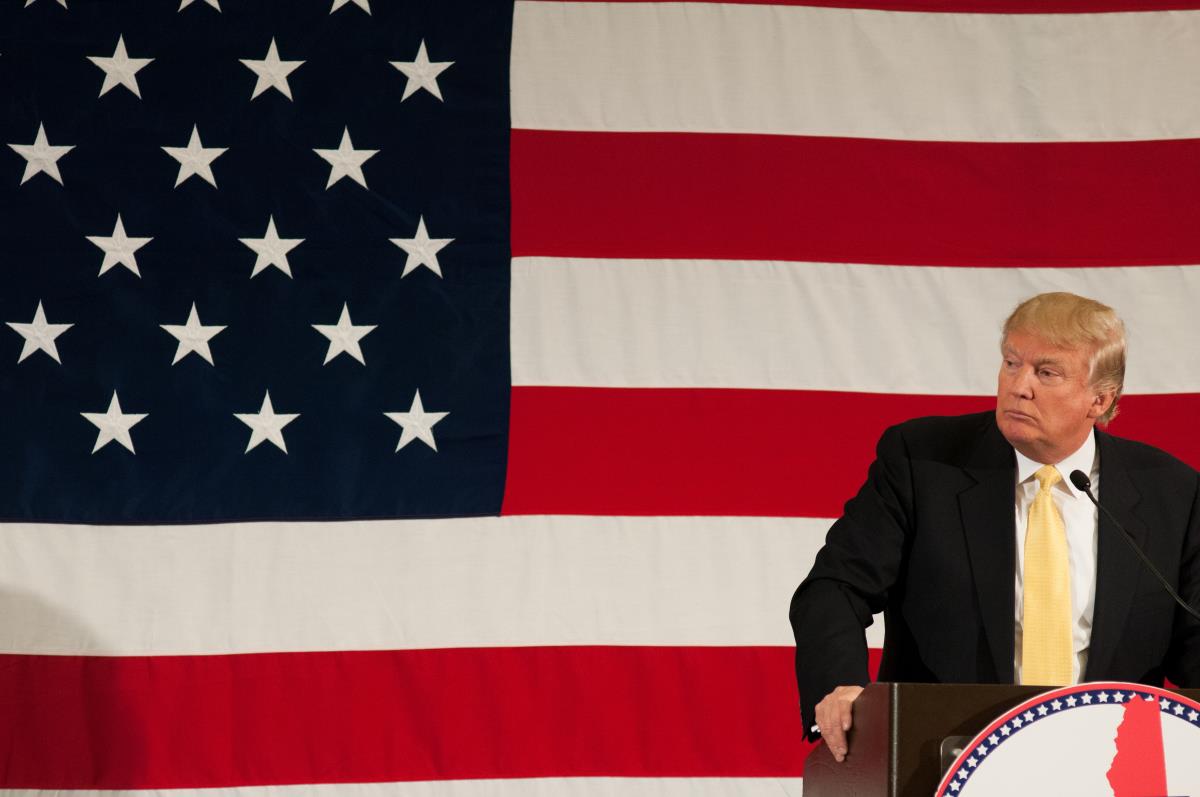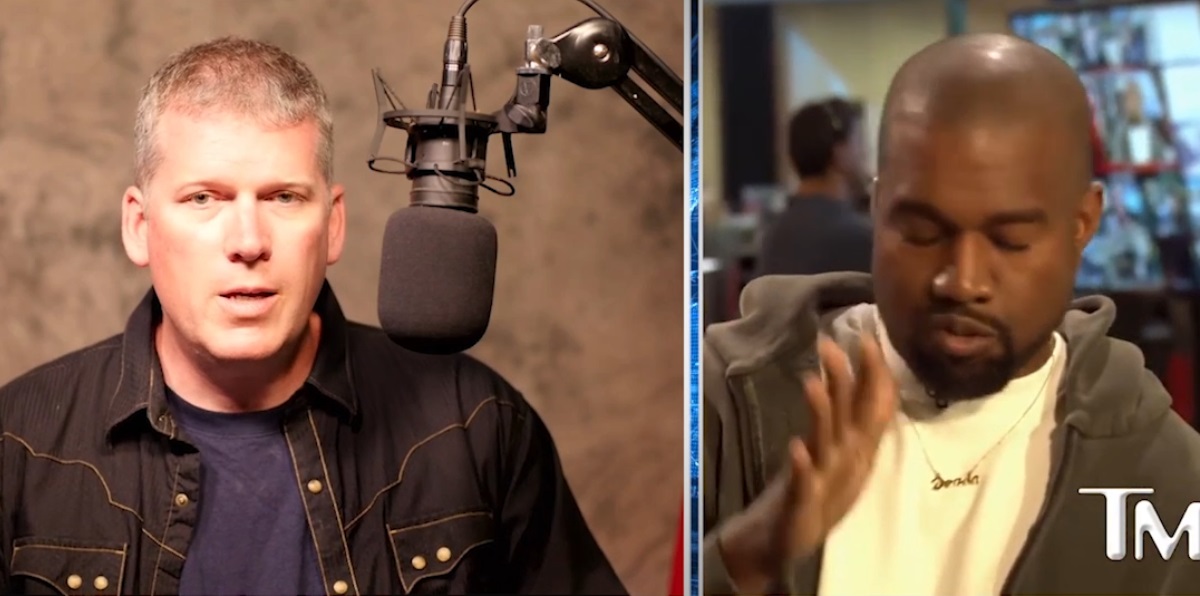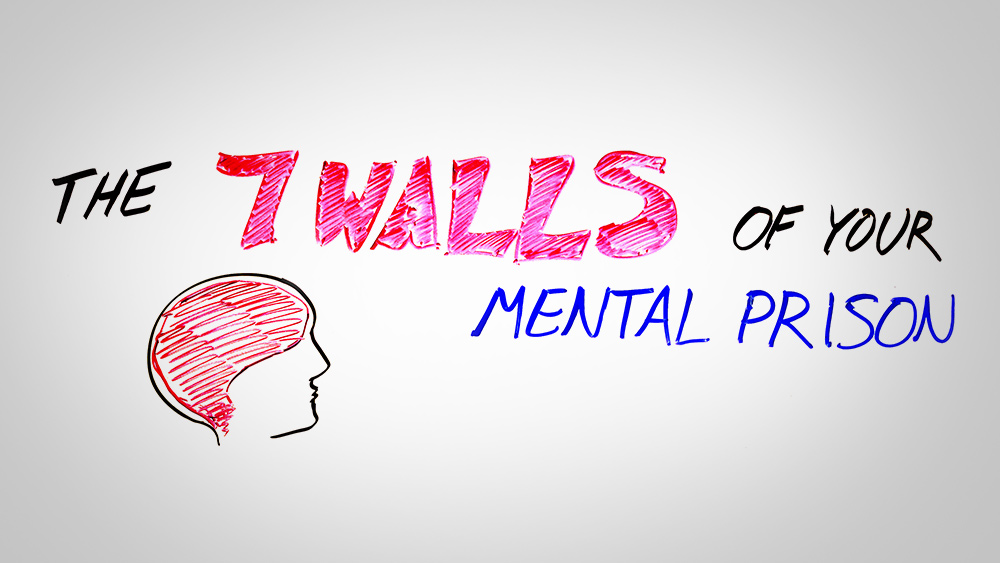Will your children be removed from your home for refusing vaccines?
03/10/2017 / By Jayson Veley

One of the greatest U.S. presidents of all time, the late Ronald Reagan, once famously said that as government expands, liberty contracts. This is about as true as saying “the sky is blue,” and it applies to just about everything that is going on in our country today. The more bureaucrats get hired at the Environmental Protection Agency, the less freedom businesses have to grow and prosper. The more control the government obtains over the United States healthcare system, the less freedom the people have to choose the plans that they like. These are just two examples out of dozens.
Individual liberty is a rather straightforward concept on the surface, yet millions of Americans, both inside and outside of Washington D.C., fail to understand it. Liberty means having the ability to pursue your own interests, to do what motivates you, and to make your own decisions free from government interference, so long as those decisions are legal and generally ethical.
When it comes to vaccinations, government restrictions and guidelines vary from state to state. Despite this, it is now generally accepted that failing to vaccinate your children is a form of child neglect, and could potentially lead to loss of custody.
Medical neglect is defined as failure “to exercise a minimum degree of care in supplying the child with adequate health care.” The definition adds that this omission of care may either be compromising the child’s health, or potentially compromising it.
Frank A. Chervenak, M.D., Laurence McCullough, Ph.D., and Robert Brent, M.D., are the three authors of a new vaccine policy analysis entitled “Professional Responsibility and Early Childhood Vaccination.” The analysis examines past legal decisions and whether or not vaccine refusal warrants intervention by child protection services and government officials.
The authors of the study suggest that refusing to give a child vaccinations or other necessary medical care may be accepted as neglect, since “a child is exposed to some potential risk of harm by a parental act of omission.”
Given the emphasis that America puts on individual liberty, it is understandable that many parents would consider such harsh policies and guidelines as a threat to their parental rights. Indeed, this is a legitimate concern. Just as many Second Amendment advocates believe they don’t need the federal government telling them how to defend themselves, many parents feel that they don’t need the government to tell them what medical procedures are best for their children. (RELATED: A school in Minnesota is banning students who do not receive vaccinations).
The three authors of the analysis, however, disagree. They make the case in their study that parents who refuse to vaccinate their children should be charged with child neglect. “If parents remain unpersuaded, their informed refusal becomes child neglect, because they are refusing to authorize evidence-based, effective, and safe preventive care required by the best interests of the child standard as a norm,” they conclude. “There is a strict legal obligation to report child neglect to the local child health protective services agency.” (RELATED: Expect a wave of pro-vaccine legislation from congress over the next few months).
Chervenak, McCullough and Brent argue further that reporting those who refuse to give their children vaccines to the federal government can help educate the parents. They do note, however, that this could cause the patients to lose trust in their doctors.
Ultimately, the authors conclude that the best option is to use threats and coercion to make parents come around to the idea of vaccinating their kids. “We have seen numerous steadfast refusers of vaccines come around to acceptance,” they write, “when faced with a physician who feels so strongly about the benefits of vaccination that he/she is willing to go to the extreme length of discharging a family who refuses vaccination.”
Sources




















